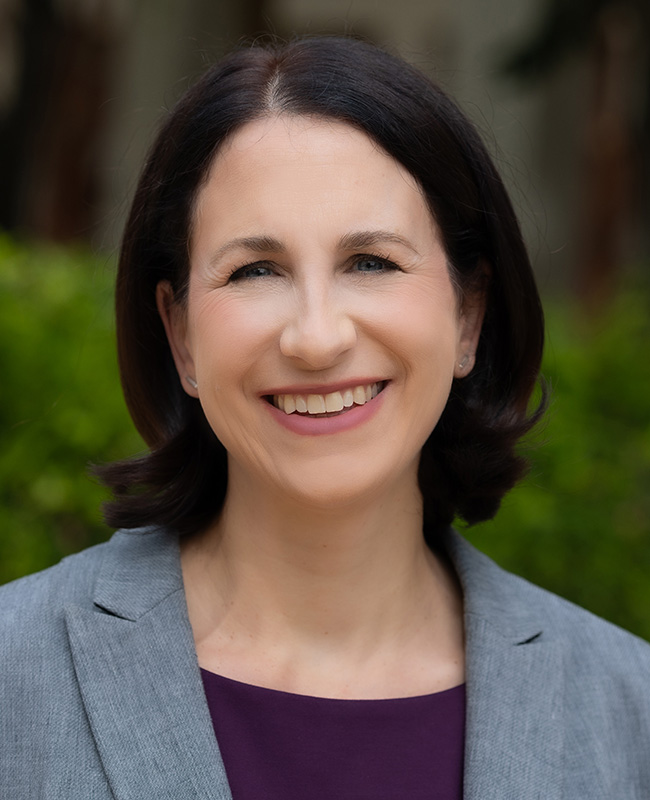Family law lawyers deal with the critical range of issues that surround marriage and families. These include, but are not limited to, pre- and post-nuptial agreements, divorce, alimony, division of marital assets, child custody, child abuse and neglect, guardianship agreements, and domestic violence protection orders. This area of law has expanded in recent years as more "nontraditional" families, like unmarried cohabitants, have received legal recognition.
Family law can be heavily adversarial and civil litigation focused, but many attorneys in this field specialize in dispute resolution and use collaborative processes to help the parties come to an agreement about the issues without going to court.
In the private sector, many family law attorneys are solo practitioners or work in a small boutique law firm. However, some mid to large size full-service law firms do provide family law to meet the full range of their clients’ needs. In the public sector, because family law primarily concerns state law, fewer federal opportunities exist, although a few government agencies do provide federal support for family well-being. At the state levels, there may be opportunities in specialized units in district attorneys, state attorneys general, and city attorneys’ offices. Employment may also be available in legal services organizations or non-profits, like Legal Aid, that provide support for low-income clients.
Courses
Courses designated as "primary" are foundational, while those listed as "secondary" contain relevant and related content. "Co-curricular" courses are credit-bearing extra-curricular activities, while "experiential" courses are practice-based offerings. Please keep in mind that the focus of any course will vary depending on the instructor.
Primary Courses
Secondary Courses
Experiential Courses
Faculty
The following faculty are knowledgeable about the topic and may be a useful resource for you.






